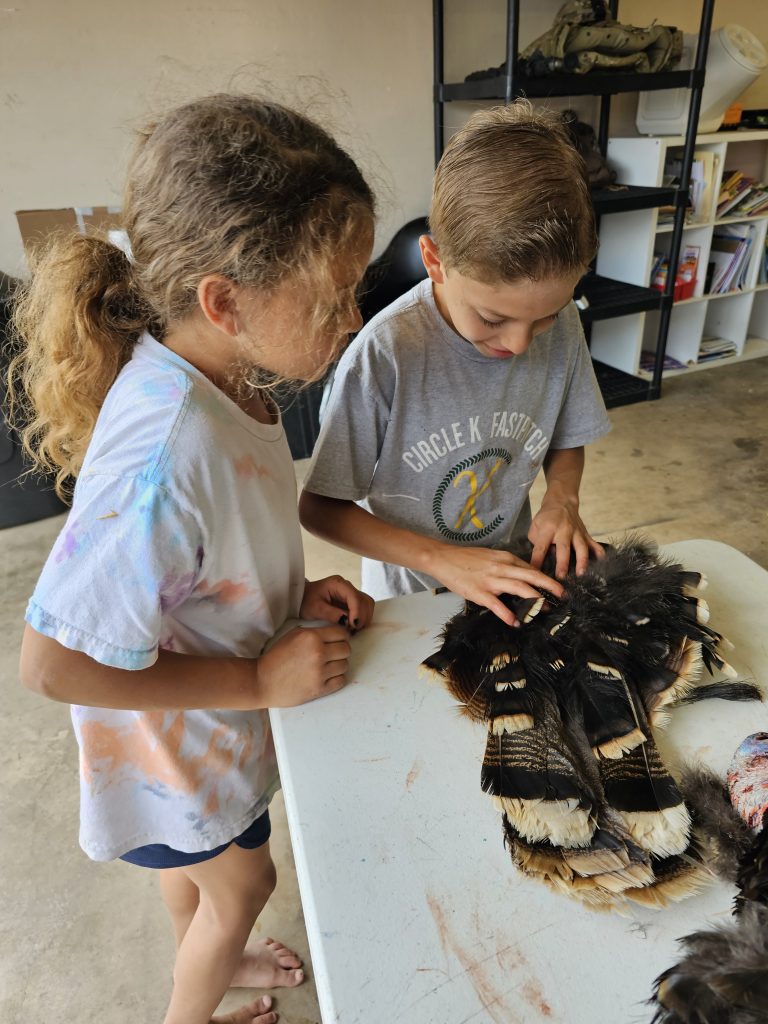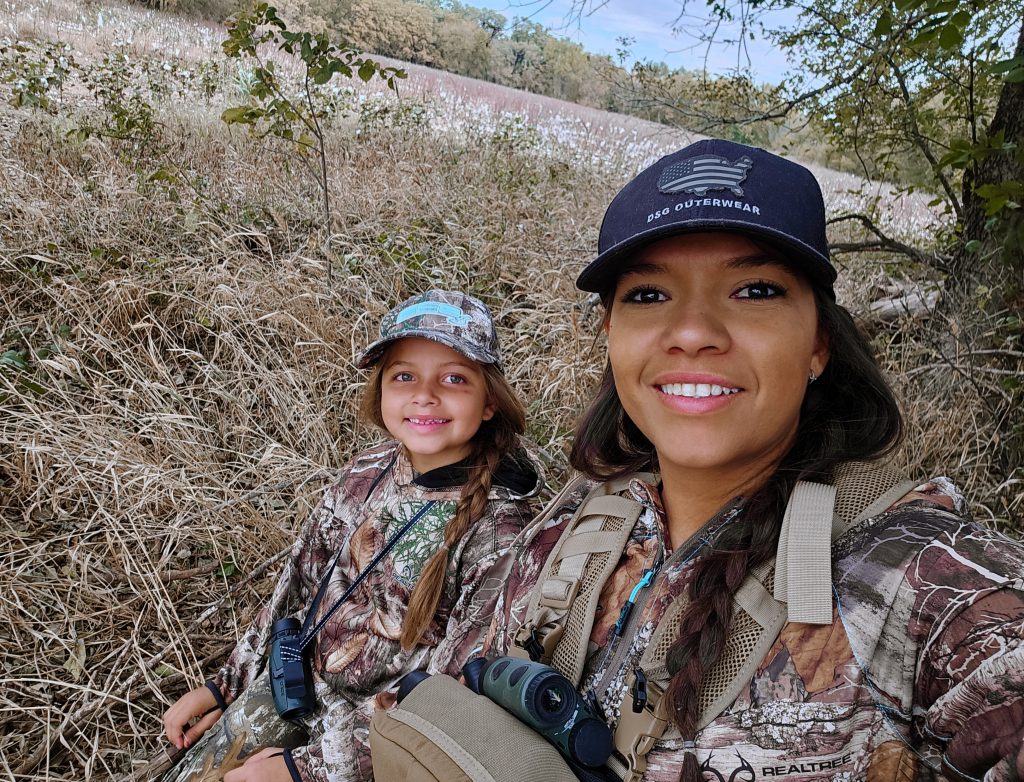Through The Eyes Of Young Hunters
Exploring nature and cultivating the next generation of conservationists.
It is important to connect children with nature.
As a mom of five children, I understand not every child will be a hunter, but we should strive to make them all conservationists. Everyone should learn to respect the outdoors and find ways to enjoy themselves in it. A responsible hunter is an ethical hunter. Those values do not occur overnight; they are lessons instilled over time. Cultivating a love for nature, in our youth, will foster a deeper passion for conservation, wildlife management, ethical hunting and habitat improvement for the future.
Understanding Nature and Conservation
Encouraging curiosity and exploration among young hunters is a pivotal step in connecting them with the wonders of nature. Through hands-on experiences outdoors, children can witness the diverse landscapes, observe various wildlife species, and develop an innate sense of understanding. As they engage in activities like hiking, camping, or a simple walk in the woods, they can learn firsthand about ecosystems and food chains and how they interact with one another. Taking kids out and allowing them to encounter wildlife gives them the direct knowledge needed to appreciate and protect natural habitats. Generations ago, they understood the food chain and mating seasons; those concepts must be learned. Additional discussions about the essential role we all play in preserving wildlife, how hunting seasons impact populations, why we are responsible for land management and what happens when no action is taken, are all key. Habitat conservation instills a sense of responsibility and stewardship, fostering a deeper commitment to safeguarding the environment for future generations.

Tips to Cultivate a Love for Nature
Not everything has to be centered around hunting. Laying a foundation on the conservation side of things will fuel the rest of the ideologies. Get kids comfortable with being in the woods. Activities like fishing, camping, birdwatching and foraging are perfect opportunities to experience nature. Involving kids in gardening or nature-based crafts helps to spark interest. In the winter, make bird feeders for winter birds. In the summer, go on walks to pick up trash. Teach them how to spot game trails, find roosts and identify tracks and various animal droppings. My goal is to foster empathy toward animals and the environment. The activity level and concepts become more technical and challenging as the kids grow. As conservationists and hunters, we care about the animals and want them to thrive; this is something youth need to see. Hunting is challenging and fun, but if we intend to preserve these traditions we must teach the upcoming generation to not only love it but protect it. Those values and ideals will not be passed on if we don’t plant and develop “seeds” in the younger generation. Exposure is necessary, even if my kids don’t attend hunts, I involve them in the game processing or meal preparation. We need to create a beginning to end model. Start with conservation and end with meal consumption and explain how this is a cycle that needs repetition to perfect and prosper.

Making an Impact at a Young Age
Through education and awareness, we can teach about environmental issues and conservation efforts. Getting them involved when possible and supporting involvement in local grassroots efforts for conservation projects or group events are great opportunities. Always encourage responsible hunting practices and ethical behavior in the outdoors. Promoting participation in cleanup activities, habitat restoration projects or summer poult counts is an easy way to involve kids in practical conservation. It’s hands-on, and they see immediate results from their efforts. As technology continues to be an integral piece of this generation’s existence, implementing social media and technology for environmental advocacy and education can also be a way they can make an impact. The key is to show them they are important even at a young age. I always say, “many hands make light work, even if some of them are little hands.”
Inspiring Future Conservationists
One of the most influential ways to make someone an active participant in the outdoors is through mentorship. Mentors often become role models, serving as guides, and sharing their knowledge, experiences and passion for conservation. The impression left behind is what inspires and encourages the next generation of conservationists and hunters. It can be intimidating, especially for youth to learn how to shoot, being in the woods and participating in conservation efforts. It can be overwhelming with all the information to retain on firearm safety, regulations, etc. It is important that mentors create an enjoyable environment, focusing on safety and fun.
I always say, “If you can’t see it, you can’t be it.” It is not only important to share your personal story but also highlight stories of other kids adventuring outdoors, hunting, fishing and contributing to conservation. Kids need to see other kids doing “it,” too. That is why hunting heritage programs are so important and make a significant difference when implemented.
Overall, it will take continual effort from the top down to reap benefits for future generations. To preserve the outdoor lifestyle we love, we must constantly pursue to advance our youth’s knowledge and participation. Prioritize outdoor outings with the kids, take them on hunts, and give them guidance along the way. Always emphasize the impact children can make in conservation efforts. Make it tangible if possible. The “students” of today will be the leaders tomorrow.
